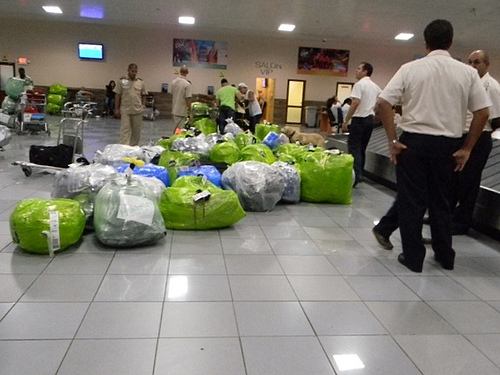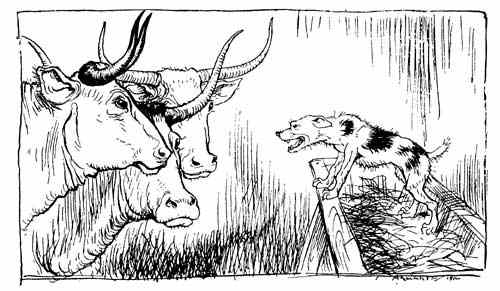
The shocker from Customs
HAVANA — The Customs Office seems to have been hoping for a miracle, something that might cushion the predictable chagrin. It waited until the last moment, to see if Argentina would beat Holland in a penalty shootout, thus providing some release for our Latin American brand of hope and rowdiness.
Or maybe, with surgical cunning, Customs waited until the iconic Putin could be in Havana, proclaiming a bright future for the island, which has just premiered its Law on Foreign Investment.
Maybe I’m wrong in my judgment and there was no meanness. Maybe Customs didn’t want us to crash into despair without some sort of shock absorber.
It may have only wanted to soothe us when it stealthily announced that Cubans returning from abroad may import only 5 neckties, 24 panties, and 20 disposable shaving razors. This it did, it said, to prevent “the high volume of importation done by certain people for the sake of commercialization and profiteering.”
(Click here for an explanation of the new Customs rules.)
But Customs is wrong if it thinks that bad news is not so bad if imparted in passing, late, or maybe never, thus ignoring part of its duty. For several days, the foreign media had been leaking the details of Customs Resolution No. 206, which was announced here on Thursday (July 10) as if it were news.
To many Cubans, even those who never go out, not even when Putin is in town, this policy of new Customs restrictions, confirmed and published in detail by Granma, opens a Pandora’s box of uncertainty.
Hundreds of thousands of Cubans make a living from a market that’s no more “black” than the one that sets golden prices and scandalous margins of profit for the hard-currency retail stores that practically monopolize the sale of industrially made products.
If that unofficial market that deals in trinkets, shiny suits, LED television sets and wireless mouses is alive on this island (which seems to be condemned to piracy and buccaneerism), it’s because there is an evident imbalance — quantitative and qualitative — between the offer and the demand.
And that’s because consumption in Cuba (and I’m not talking about colossal consumption) is morally penalized and economically throttled by countless “not alloweds,” even though it is one of the main incentives to invigorate an economy that’s going from bad to worse.
The decision to root out the street vendors who sell “clothing from Ecuador” managed to push the retail sales from the street entrance to the back room, to the depths, to the darkness. But the need remains, intact, to evade and complement the state-owned importers, their prices and their abominable esthetics.
No matter how you look at it, the question always comes up: How come Customs can’t control the compulsive importers, who are, as Granma calls them, “the most significant cases”? That would take care of the problem.
“In one year, a passenger imported, through José Martí International Airport, 41 computer monitors and 66 flat-screen TV sets. Another person brought in 34 printers, 58 monitors and 74 computer towers between 2011 and 2014,” Granma reported.
“In January 2013, a passenger brought in his luggage 1,695 ball bearings and in March carried 400 lightbulbs for motorcycle headlights. All those items were confiscated because of their commercial nature,” the newspaper said.
Well, that’s what Customs agencies do: they monitor those who break the legal rules, people whose assiduousness in “trafficking” can be easily proven.
The other thing, the measure announced Thursday, is just another turn of the screw, a step that makes it almost impossible to set up a small business (and I’m not talking about a colossal business) based on a very strictured policy to stimulate private enterprise.
Private entrepreneurs who try to organize “value networks” using this form of microcommerce are hounded and hindered. Yet, they are not offered the sure, affordable and organized sources of a wholesale market where they might obtain their supplies.
The fable of the dog in the manger (who didn’t eat the fodder but didn’t allow the oxen to eat it either) aptly describes the situation. The new policy is neither advantageous nor beneficial to no one.



